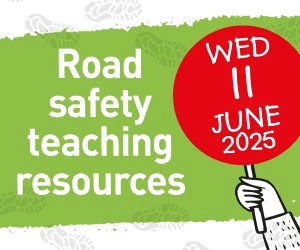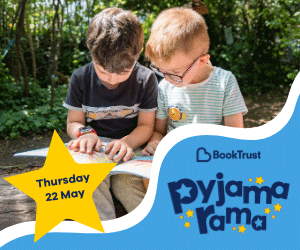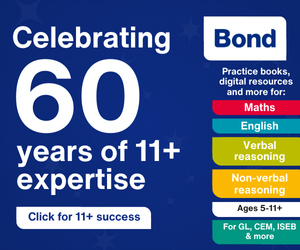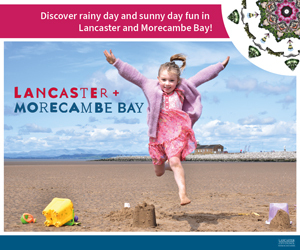Primary Times - the definitive what’s on and where to go family guide of activities and events for children of primary school age. Things to do with your kids during the school holidays including arts and craft activities, music and theatre for children, parties, competitions, days out, and family attractions along with term time drama schools, dance classes, after school clubs and sports activities. Things to do at a place near you!
Meet a 10-year-old, self-taught coding expert
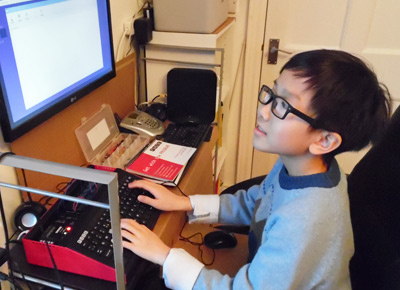 With the world becoming ever more technology-focused, there has been a great deal of emphasis placed on the importance of computing skills, and the need to inspire young people of the benefits they have for their futures. Coding is often regarded as a tricky subject to get your head around, but with the right resources and encouragement, programming can really capture children’s imagination and interest. Moses Sung-Him Ng, a 10-year-old boy from Stanmore, London and self-taught coder, is a fantastic example of this, finding his interest at an early age.
With the world becoming ever more technology-focused, there has been a great deal of emphasis placed on the importance of computing skills, and the need to inspire young people of the benefits they have for their futures. Coding is often regarded as a tricky subject to get your head around, but with the right resources and encouragement, programming can really capture children’s imagination and interest. Moses Sung-Him Ng, a 10-year-old boy from Stanmore, London and self-taught coder, is a fantastic example of this, finding his interest at an early age.
Moses decided to read Exploring the World of Mathematics when he was only eight years old. It was here that he came across a page on the BASIC programming language. Instantly capturing his attention, Moses wanted to find out more. He started visiting local libraries to borrow books on computer programming, as well as buying a book on video game coding.
On a family trip to Hong Kong, Moses’ uncle (who works with computers) gave him an old PC to use, complete with Windows 7. With the computer back home, Moses could put into practice everything he’d learnt from his reading and he began to experiment with several languages, including Quick BASIC 64 and HTML.
Computing quickly became his passion, and in July he went along to the Stanmore College Big Bang Fair, an event designed to get young people excited about science, technology, engineering and maths. It was here that he met the team from FUZE Technologies, who were very impressed by his skills; he showed great proficiency in his coding while experimenting with their own language, FUZE BASIC, an updated version of the language he had originally been inspired by.
While being home-schooled and preparing for his 11plus papers, Moses worked with a FUZE microcomputer in his free time, challenging himself to test out various programming languages and to work with electronics.
Karen, Moses’ mother, has no experience with computers or programming and was stunned by the amount Moses had taught himself, as she wasn’t able to provide any advice on the subject: “Hopefully when he moves to secondary school, he will be able to get more support from teachers, but right now, he’s doing it all on his own. He’s the expert in the family!” Now that his exams are over, he will have more time to experiment and practice with coding before moving on to study the subject at school.
“I like it because it’s great to connect the code to real-life,” says Moses, “you can combine it with other ideas and interact with it physically.” He has taught himself to program using light-dependent resistors (LDRs), which can affect patterns on the screen depending on how much light is hitting the sensor. He also developed his own programme based on mathematics research, which allows him to calculate Pi. In the near future, he hopes to experiment further with different languages, including more complex ones like Python.
When he grows up, Moses thinks that he would be interested in a career with computers, but having seen the real-world applications, he would also like to explore how he could apply his talents to his interest in music: “It would be great if he could combine the two,” says Karen.
After watching a show called “Girls Can Code” on BBC Three, Merrie, Moses’ eight-year-old sister decided that she wanted to have a go at programming. With Moses as her inspiration and teacher, the two of them have recently been working through project cards and experimenting using the picture-based coding platform, Scratch. Karen goes on to say: “I never thought my girl would be interested in coding, but by having the benefit of her brother as a teacher, and because the FUZE resources are suited to people of any ability, her interest has been boosted. I think having programming in the primary curriculum is an excellent idea, and now that Moses already has an understanding of how it all works, I can’t wait to see how this will develop during secondary school”.

